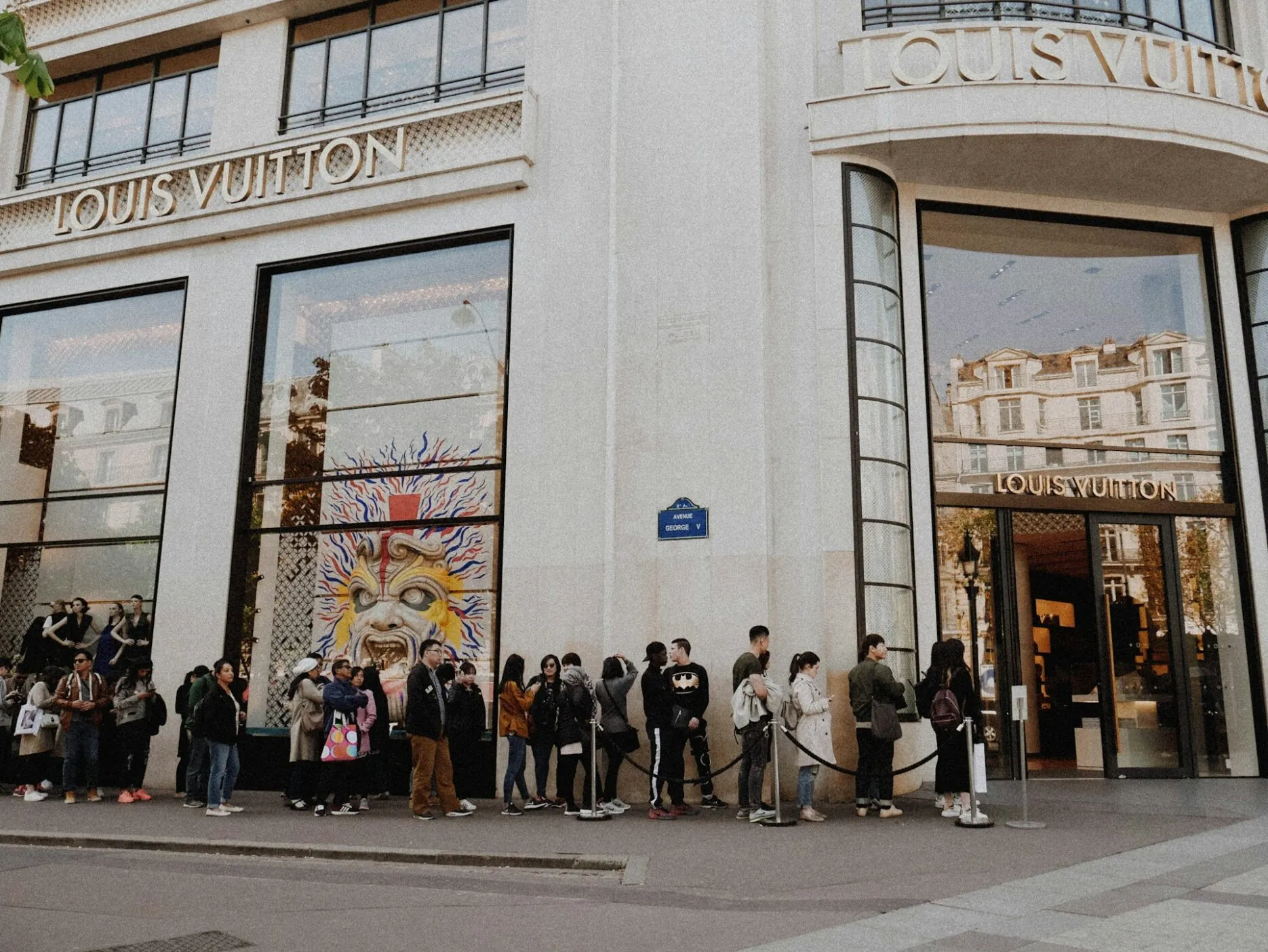China’s luxury market is forecast to grow at a mid-single-digit rate in 2024, according to Bain & Company’s latest China Luxury Report. The year ended on a low note with the luxury sector feeling the pinch of weak consumer demand in the second half, but overall the sector rebounded solidly, growing 12% year-on-year after a decline in 2022.
Bain analysts note that while the luxury sector is solidly on the recovery trajectory, it has not quite fully recovered yet. “The solid double-digit rebound is commendable, but China’s luxury market has not fully recovered to its 2021 levels. The recovery was tempered by the challenging economic climate and increased overseas shopping,” explains Shanghai-based Bain & Co. senior partner Bruno Lannes. “As the market transitions to a post-Covid growth phase, uncertainties remain regarding the speed at which consumer confidence will resume and how overseas luxury shopping will evolve.”
The report from Bain & Co. also identifies two key trends for the year ahead: the evolution of daigou (purchasing imported goods through an agent)and the return of overseas luxury shopping.
Domestic consumption as a proportion of overall luxury consumption soared to 90% in China during the pandemic. But Bain analysts expect this figure to slide downwards to 70% in 2024 as Chinese shoppers steadily regain their enthusiasm for international travel. Price gaps between luxury products sold in China and in Europe – the main factor motivating the Chinese to purchase luxury products abroad – have remained consistent since 2022. Chinese luxury spending in Europe already regained 40% of 2019 spending levels last year, while Chinese luxury spending in Asia has reached 60% of 2019 levels – a hopeful trend that is expected to continue upwards.
“Another year of recovery for Chinese overseas luxury consumption, particularly in Asian destinations, is expected. It remains crucial for brands to implement harmonized global pricing strategies to maintain consumption in the mainland market,” says Weiwei Xing, a Hong Kong-based partner at Bain & Company.
As for the daigou sector, restrictions are ramping up but increasingly professionalised solutions are emerging. Bain & Co. predict that sales of Korean beauty products, which are the most in-demand for daigou sellers, will decline due to rising commission fees and other restrictions. But overall the daigou market is not likely to cool off completely, with sellers taking an increasingly platformed approach to provide consumers with a more trust-worthy channel for purchasing overseas goods.









